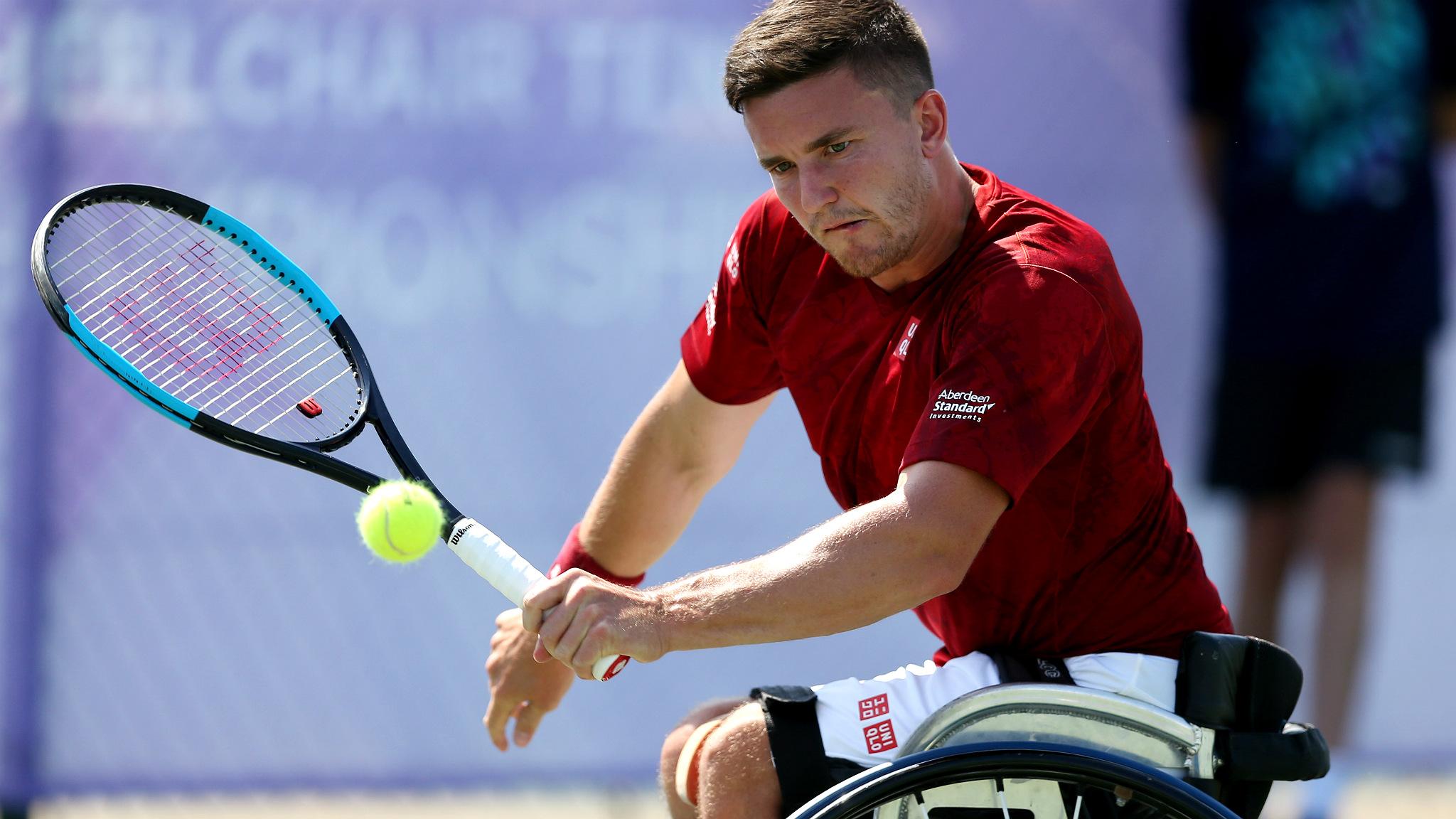World Tour Finals 2013: Tim Henman salutes Rafael Nadal
- Published
Nadal reaches World Tour semi-finals
Rafael Nadal will end the year ranked number one in the world, 12 months after he feared he might never get back to his best.
The Spaniard, 27, missed seven months with a knee injury before returning to action in February.
Since then, he has won 10 titles, including two Grand Slams - the French Open and US Open - and regained the top ranking from Novak Djokovic.
BBC Sport's Tim Henman examines Nadal's achievement and the game that got him there.
Nadal's rise to the top
Rafael Nadal is the equal of anyone in sport at being able to deal with adversity.
He has the precious ability not to let the previous point affect the next one, and that is the most basic form of psychology in sport - stay in the present tense. I haven't seen anyone better.
Pete Sampras was good at not letting things distract him but in terms of being a complete player, capable of winning on all surfaces, Nadal is as good as any.
He's finished number one in the world before and to do it a third time is an incredible achievement in itself, but it makes it all the more significant given that he missed seven months with a knee injury.
I first heard about him when he was 16 years old and he beat Carlos Moya in a tournament, but the first time I really saw him was when we practised together in Miami.
He was probably 17 at the time and I'd never come across anyone that hit the ball that hard - and to be honest not always in the right direction.
He was using so much energy that I said to Paul Annacone, my coach at the time, 'How does he expect to play like this for two hours?' I didn't really think he could last for 20 minutes.
Then we played a practice set which he won 6-1 in about 15 minutes.
You knew that forehand was something special from the first time it came towards you. You'll never see anyone hit it as hard and with as much spin. That shot and the fact that he's a lefty are what make him so hard to play against.
I played him twice in competition, the first time in Rome in a night match on clay. I played really well and lost 6-2 6-2 - I was pretty happy with that. The other time was in Dubai and I didn't play so well. I served for the first set and probably should have got something out of that match.
Humble, focused and intense
It's been incredible to watch his rise in the years since then, but despite all the success he hasn't changed as a person.
He's incredibly humble but very focused and intense in what he's doing.
I'm not surprised that he managed to come back so successfully on clay this year, but to come back and win Indian Wells, to win back-to-back Masters on hard courts in the United States and to win the US Open was something special.
I don't think one should be surprised when you're talking about one of the greatest tennis players of all time, but that really did surprise me.
He'll have to manage his knee for the rest of his career but he does that very well.
And if he can continue to do so, it will be fascinating to see if he can get up to match Roger Federer's record 17 Grand Slam titles or perhaps even surpass it one day.
I tend to think 17 is still going to be tough to beat.
- Published6 November 2013
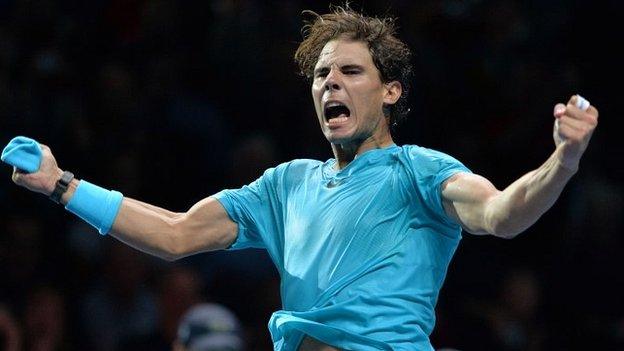
- Published5 November 2013
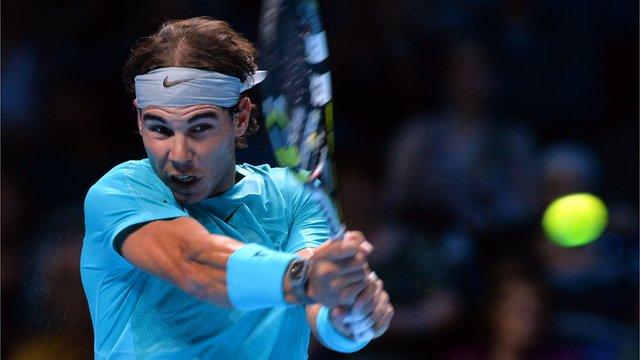
- Published5 October 2013
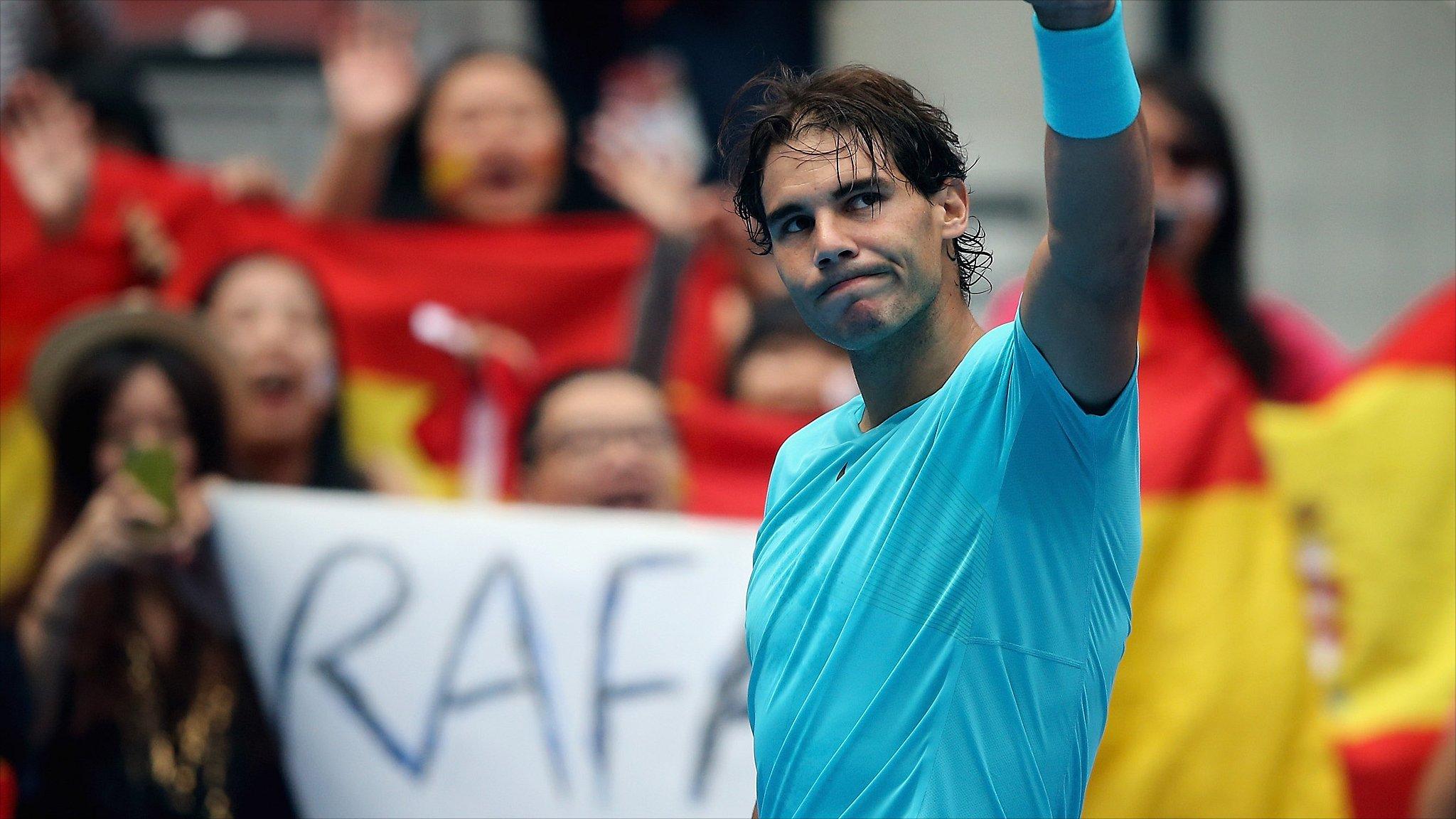
- Published14 September 2013
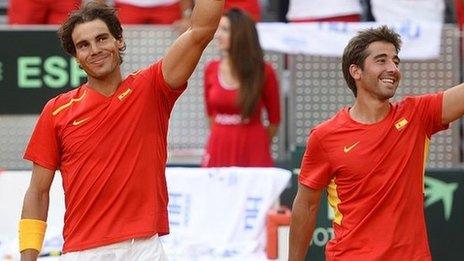
- Published10 September 2013
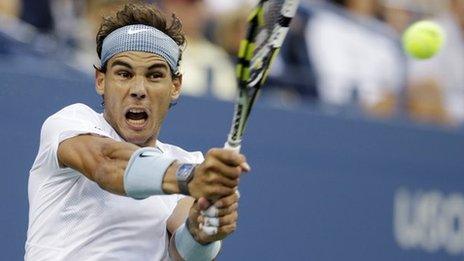
- Published10 September 2013
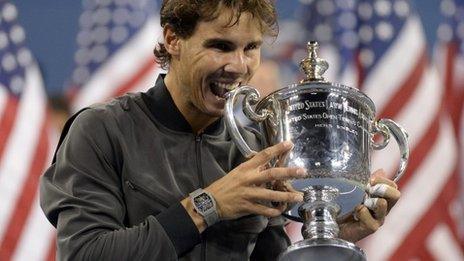
- Published8 November 2016
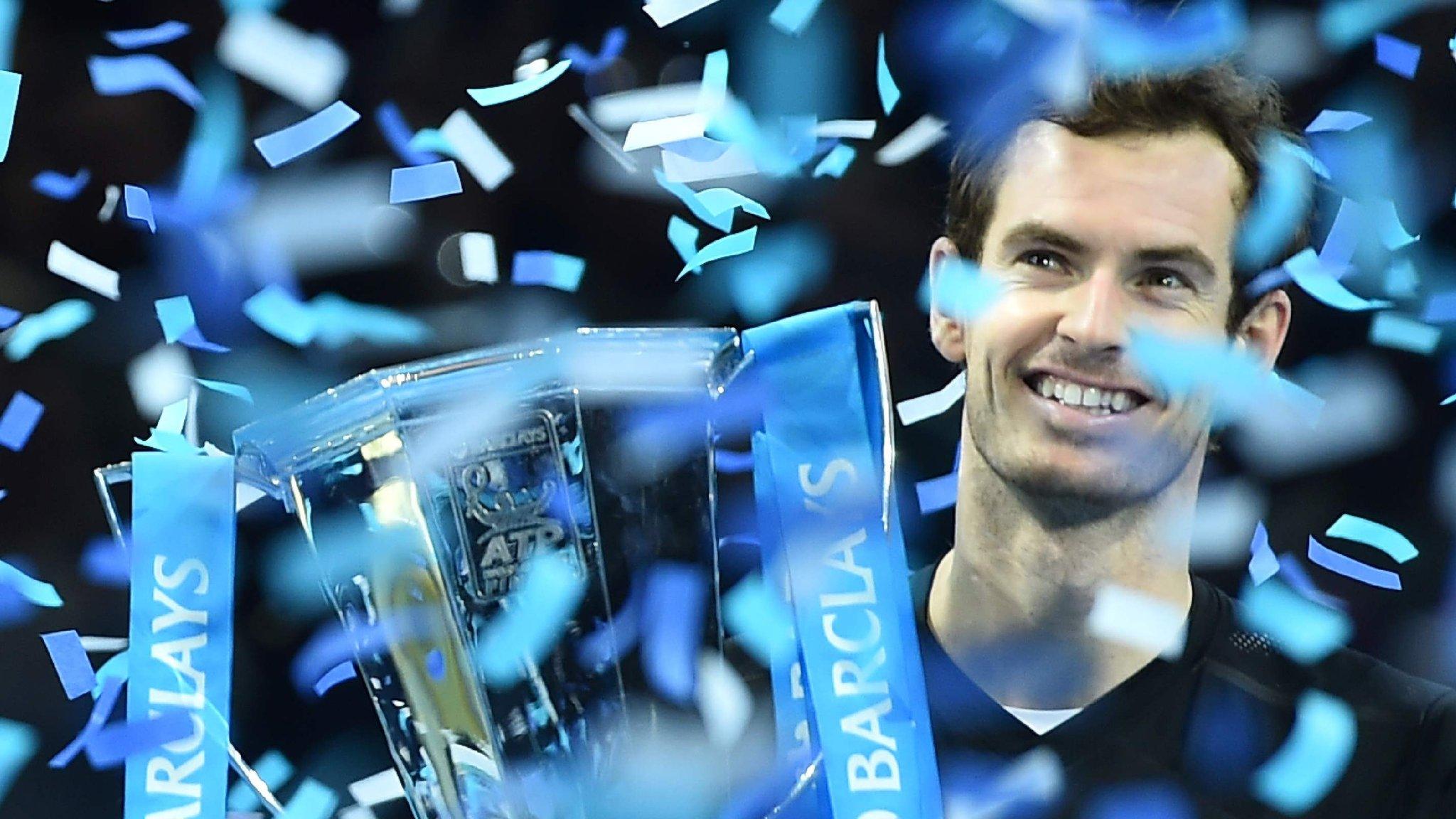
- Published17 June 2019
